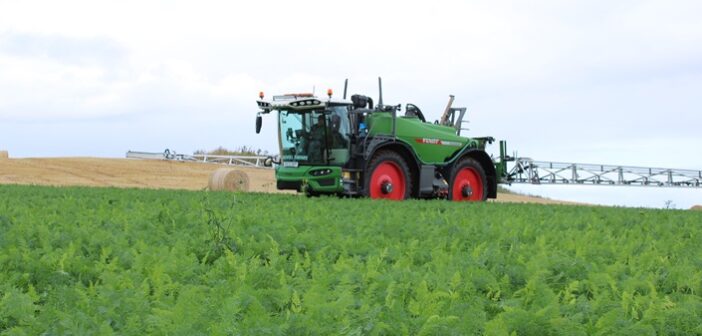Orion Future Technologies agronomist Mike Stoker says confusion over silicon use as part of the SFI IPM4 action could see growers lose out.
The action pays £45 per hectare to those willing to adopt its rules for three years, which includes strict restrictions on the use of chemical insecticides, seed dressings, nemacides, acaricides and silica insecticides but not biostimulants.
“There is confusion over the use of silica pesticides and silicon biostimulants. The SFI guidelines clearly state that the use of silica insecticides is prohibited. However, silicon biostimulants are allowed under the scheme and are fundamentally different in the way they work. Silicon biostimulants can be used as a biological way to strengthen plants against environmental pressures,” he says.
He notes that making silicon plant-available also has the potential to alleviate abiotic stresses such as drought, salinity and heavy metal toxicity.
They also improve the plant’s ability to absorb other nutrients from the soil. “Helping plants to absorb more silicon strengthens the cell walls of the plant and helps root growth, which can lead to higher yields. However, the plant is also able to absorb other nutrients such as boron, calcium and iron, which also help improve resilience against common stresses,” Mike adds.
With the drought conditions experienced this year, and the threat of pests increased by a mild autumn, SFI land is likely to be under greater pressure he feels.
“Aphids and CSFB are a threat this autumn, so using silicon products will help establishing plants to thicken cells walls and increase leaf hair density to discourage biting pests. With the ground still very dry in some parts, the use of silicon can help plants to grow deeper- seeking roots faster, which will help the plant find moisture,” concludes Mike.



